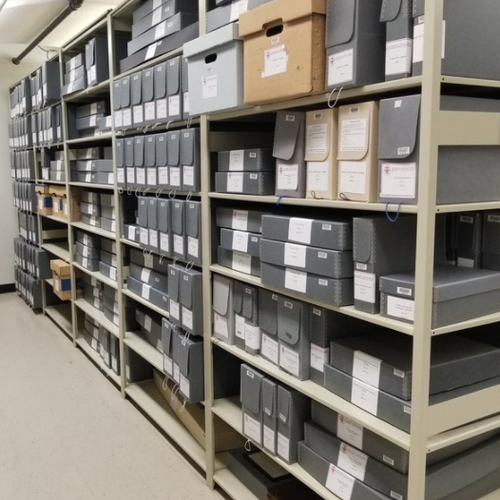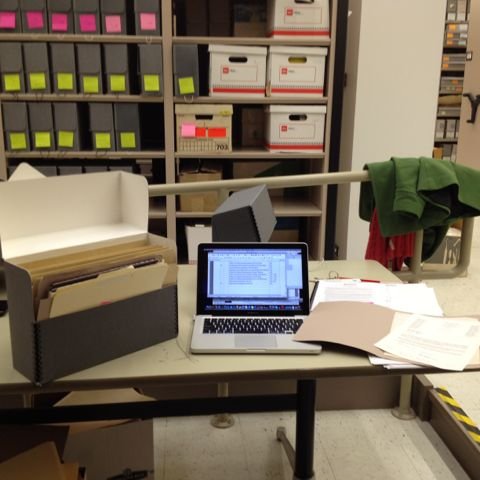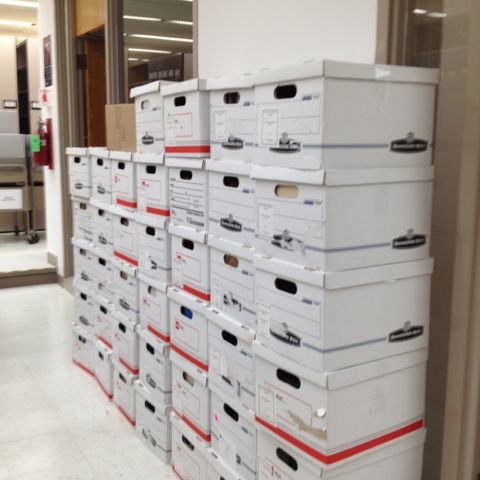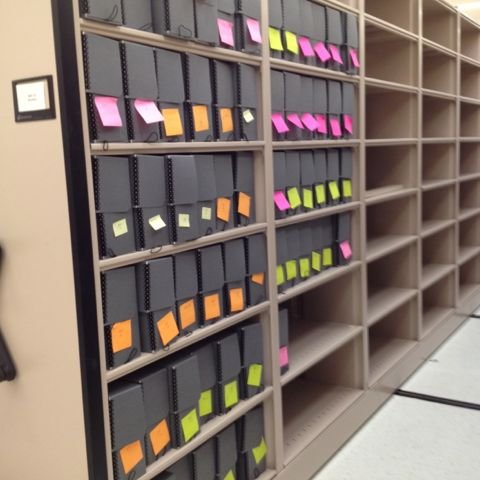Guide to Donating Archival Materials
When deciding where to donate your materials, there are many things to consider. Different institutions have unique collection goals and missions depending on who they serve. For example, museums and public libraries are more public-facing than universities or colleges because they have frequent exhibits and programming for civic engagement. University and college libraries mostly focus on teaching and education to serve the students, faculty, and staff associated with their institution. You can usually find more information about the values and goals of an archival repository on their website. For example, the United States National Archives’ vision is to provide “cutting-edge access to extraordinary volumes of government information and unprecedented engagement to bring greater meaning to the American experience.” On the other hand, the National Museum of African American History and Culture strives to provide “an opportunity for those who are interested in African American culture to explore and revel in this history through interactive exhibitions.” Shorefront Legacy Center, a community archive located in Evanston, IL, “collects, preserves, and educates people about Black history on Chicago’s suburban North Shore.” While the goals of these repositories have some overlap, there are differences due to the nature of their institution’s purposes and visions.
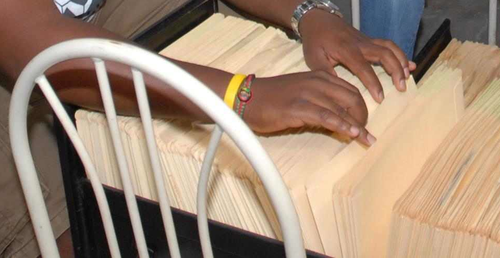
DO...
- DO provide context to the materials, like names of people represented, stories behind materials, etc.
- DO research an institution or repository before contacting their archivist about a potential donation.
- DO ask the archivist questions about housing, storage, preservation, and access protocols at the institution.
DON'T...
- DON’T just drop off a collection at a repository without first consulting with their archivists.
- DON’T rearrange or remove materials after signing the deed of gift without consulting with the archivist at the repository of your choice.
- DON’T ask an archivist or curator for an appraisal.
Once you have a few institutions or organizations in mind to consider for your donation, you can contact their staff to learn more about their repository.
Other BMRC Resources for Donating Archival Materials:
- Learn about how some BMRC member institutions accept donations by watching the recording of our Donations and Transfer Agreements Panel.
- Find sample documents related to donating archival materials from BMRC member institutions in our Donations and Transfer Agreements Resources Packet.
Links:
Library of Congress So you want to donate your documentary collection to an archives?
Society of American Archivists Donating Personal or Family Records
Society of American Archivists Donating Your Organization’s Records
Margot Note Consulting Donating Your Family Archives
Videos:
New York State Archives’ Donating Your Materials
A PDF document of this page is available at this link: BMRC Guide to Donating Archival Materials
This resource was first created by Jehoiada Calvin (f.k.a. T Calvin), BMRC Community Engagement Archivist, in 2020, and edited by him in 2022.
